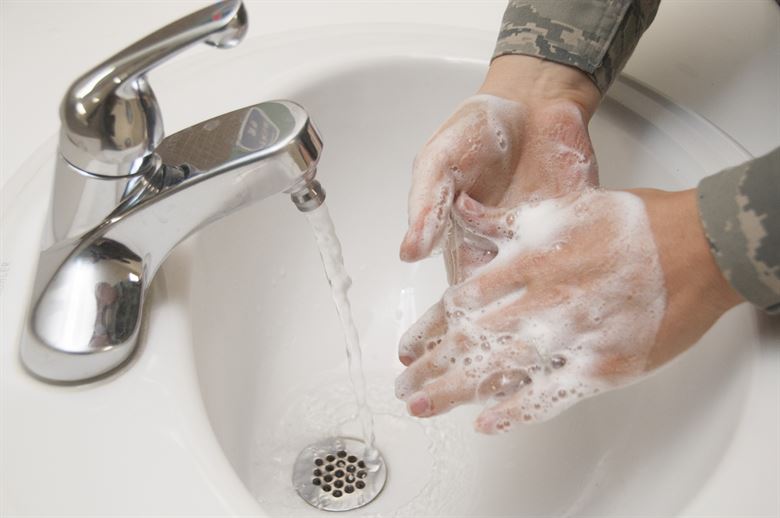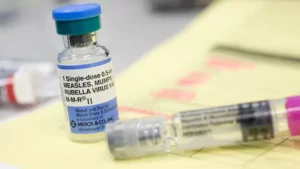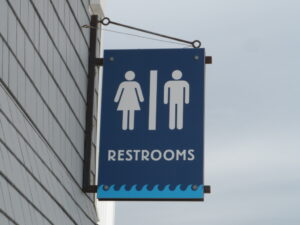In the past weeks, the Coronavirus has spread rapidly across the world, causing great concern and fear. According to CNN, there have been 90,000 cases in more than 70 countries or territories (CNN).This has resulted in 3,100 deaths so far, mostly in mainland China. The worst outbreaks are currently in China, South Korea, Italy, and Iran (New York Times).

(Picture Credit: New York Times)
The United States now has more cases as well, with cases in California, Utah, Arizona, Nebraska, Texas, Wisconsin, Illinois, Georgia, Florida, New York, New Hampshire, North Carolina, Massachusetts, and Rhode Island. Science News explains that “Of people who contract the virus, 2.3% die overall” (Science News).This death rate is also impacted by age, so far it has been seen that children, teens, and young adults rarely die from the virus but can spread it to others. The elderly and those with preexisting heart conditions or compromised immune systems are more likely to get seriously ill or die, with the death rate of those 80 and older being 14.8%. Even so, everyone should be taking steps to protect themselves and others from potential illness. The CDC has released information about how the Coronavirus spreads, and how to protect yourself. They explain that the virus is spread from person to person, and between those in close contact, such as 6 feet. The virus is transferred through respiratory droplets, which can be produced when someone coughs or sneezes, and then land in the mouth, nose, or possibly lungs of someone nearby. It may be possible that the virus can spread through infected surfaces or objects, when someone touches the surface and then touches their nose, mouth, or eyes. Therefore, it is important to stay protected during this time. The CDC recommends the following steps:
- Avoid close contact with those who are sick, and also avoid touching your eyes, nose, and mouth.
- Stay home when sick, and make sure to cover all coughs or sneezes with a tissue, and dispose of it.
- Clean and disinfect frequently touched objects.
- Wash your hands properly for at least 60 seconds, and if that is not available use a hand sanitizer with an alcohol content of at least 60%.
Face masks have also been used by many for protection, but it is actually not recommended for those with no symptoms. Time explains that “The science, according to the CDC, says that surgical masks won’t stop the wearer from inhaling small airborne particles, which can cause infection. Nor do these masks form a snug seal around the face. The CDC recommends surgical masks only for people who already show symptoms of Coronavirus and must go outside, since wearing a mask can help prevent spreading the virus by protecting others nearby when you cough or sneeze” (Time). While the virus has caused great concern, taking the proper safety measures is one thing we can control!
The Bedford High School district is taking measures to make sure that anyone who has traveled to China or Italy over February vacation is not putting the school’s population at risk. While the district is asking for these individuals to stay home and self-quarantine for two weeks prior to returning to school, they are also asking for students to stay home when feeling symptoms of sickness. Many Bedford High School overseas intercessions plans have been disrupted by the spread of Coronavirus, and are now in the process of being reevaluated for the risks that they would be putting students in. Although this virus seems far away, two new cases of Coronavirus have been found in the NH state just this month. We must all take the precautions to stay healthy.















